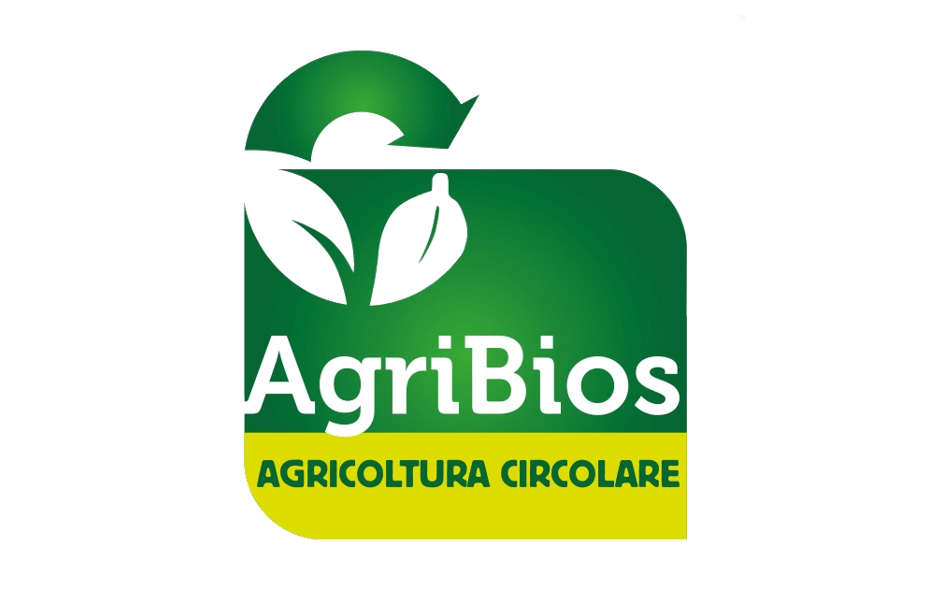AgriBios is an agricultural cooperative society based in Pistoia, Tuscany, where it offers beneficial opportunities for the needs of agricultural companies, namely those of the horticultural-ornamental district. Passion for agriculture and respect for the environment are the core of the organisation’s philosophy and belief system. These values lie at the heart of the business and are expressed through a concrete approach to a circular agricultural economy. By offering its members a recycling and valorisation service for green waste, and efficiency in recuperating floricultural waste, it represents a virtuous example of circular economy.
The cooperative came about after a reflection on the state of the local ornamental-nursery sector. Founders felt like there was a need that could also work as a trigger for a circular economic process: the need to recover and manage the waste materials (dead plants and cuttings) of the production cycle by recovering and enhancing them.
Agribios works to implement the recovery and management of plant residues: biomass derived from dried plants, not saleable plants, prunings of plants etc.
At a local level, the benefits of their approach are:
1. reduction of green waste in landfills
2. use of by-products in agriculture through the creation of a local supply chain
3. recovery of large quantities of organic substances and compost that can counteract the mineralisation of soils
4. less need to burn wood residues
5. increased production of renewable energy from biomass
AgriBios 100% re-uses the results of its productive process. They are able to reuse soil, re-selling it to their partners or to third parties, thus allowing inert material to re-enter the nursery circuit of Pistoia.
They have invested many years in creating a machine that allows to recuperate 90% of pumice and re-utilize it for composts in the Pistoia area; in 2021 they recuperated about 2500 m³ of pumice of the 30.000 the company started with, about 10%, and they resold it to local nurserymen. In 2021 they studied a peat-free compost which is now available on the market and they’re developing a system for improving the use of timber as a fertilizer and soil conditioner. Overall, a lot of their raw materials exist within a circular model.
AgriBios’ path wasn’t an easy one. In practice, there were doubts, especially of a cultural nature, as to whether the recovered materials could be brought back to life with the same characteristics as the virgin materials, thus enabling the cooperation to achieve economic and environmental sustainability.
Nursery is a closed system, and there can be also a lot of close-minded people. It’s difficult to communicate and some of the professionals in the sector react harshly to change, even if Pistoia is a big center for nursery and gardening. It’s reasonable to say that they aren’t encouraged or stimulated enough to adhere to circular economy models and practices.
Some people, often even SMEs owners, don’t perceive the benefit of looking after the environment; it’s still not perceived as a pressing problem. It’s somewhat of a cultural issue, a lack of a sense of civic duty. If there’s not an underlying culture of sustainability, implementing those kinds of changes is going to be hard, as AgriBios representatives state. More funds should be allocated for eco-innovations, especially when they concern SMEs, who might have the best of intentions but don’t always have the economic capacity to start them.
From this ongoing process of including circular actions, which AgriBios continuously tries to improve, lots of lessons have been learned. First of all, having the younger generations as a guiding beacon is important: sparking dialogue and involving them in finding the best solutions for an increasingly circular future. The cooperative, as a part of the primary sector, is convinced that thinking about our future is the starting point to save our planet, in the awareness that the AgriBios project really is a concrete example on how to “regenerate the natural system”.
